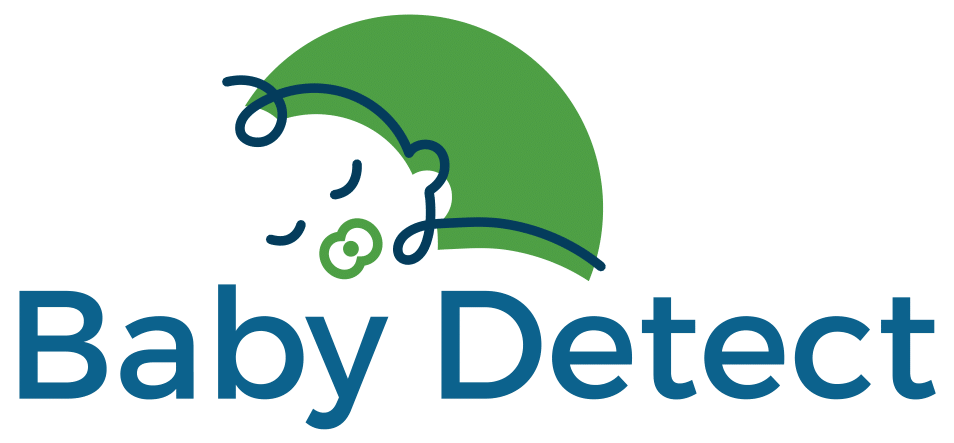OXCT1 gene
Also known as: SCOT deficiency; Succinyl-CoA:3-ketoacid CoA-transferase deficiency;
Succinyl-CoA:acetoacetate transferase deficiency; ketoacidosis due to SCOT deficiency
OMIM#245050 https://omim.org/entry/245050
1. The disease
Neonatal onset occurs in half of patients, presenting with a first ketoacidotic attack 2-4 days after birth. Patients with later onset present with an initial episode of ketoacidosis between 6-20 months of age. Initial episodes are often severe, and further episodes may be triggered by metabolic stress, infection or extended periods of fasting.
2. The Symptoms
Symptoms include tachypnea, vomiting, lethargy, hypotonia, and, in severe cases, coma. Episode intensity and frequency is variable and severe attacks are potentially fatal. Patients are generally healthy and develop normally between episodes, but infants may present with failure to thrive and poor feeding prior to diagnosis. Cardiomegaly has developed in two cases and may lead to congestive heart failure. Lack of early signs or symptoms does not exclude the diagnosis.
All patients presented with severe ketoacidotic episodes. Age at first symptoms ranged from 36 h to 3 years (median 7 months). About 70% of patients manifested in the first year of life, approximately one quarter already within the neonatal period. Almost all the surviving patients showed normal psychomotor development and no neurologic abnormalities.
3. Actions to take in case of early diagnosis
- Babies with a positive genetic test (having 2 mutations or 2 copies of a single mutation in the OXCT1 gene should continue breastfeeding each 2-3 hours and avoid more than 4 hours of fasting. Early treatment is essential in preventing chronic symptoms.
- Biochemical correlation is essential for confirming diagnosis. Permanent ketosis or persistent ketouria are pathognomic features; however, some mild cases may not present with these signs. Patients display metabolic acidosis during crises and both serum and urinalysis reveal high levels of ketones, pH levels between 6.8 and 7.12, and HCO3 levels between 3-8 mmol/L may be observed. There is no characteristic organic acid or acylcarnitine profile. The ratio of free fatty acids to total ketone bodies becomes less than 0.3 during a short fast and this may lead one to suspect the disease.
- SCOT is a lifelong disorder that requires lifetime management and regular follow-up with a metabolic physician, apart from a multidisciplinary approach to care.
- Ketoacidotic crises must be treated immediately with intravenous fluid therapy including enough glucose, even when patients show normo- or hyper-glycemia, to suppress ketogenesis. Treatment of metabolic acidosis using sodium bicarbonate is controversial. Minimal usage of sodium bicarbonate is recommended. Patients must avoid prolonged fasting. A fat-rich diet which induces ketogenesis should be avoided.
- Protein restriction may be not necessary, because the effect of prevention of ketoacidosis is not proven. Home monitoring of urinary ketones helps parents to follow the patient’s condition. Carbohydrate-rich food or drink should immediately be provided if ketone levels are higher than usual.
- If patients become weak or vomit, intravenous glucose infusions should be considered. There is no recommended medication for the chronic phase. The use of oral sodium bicarbonate and L-carnitine have been reported in the literature, but the effect of prevention of ketoacidosis attack is not proven. Affected females should be closely monitored during pregnancy and delivery.
- Although SCOTD is a rather benign disorder with often favourable outcome, metabolic crises can be life-threatening or even fatal. As the diagnosis can only be made by enzyme studies or mutation analyses, SCOTD may be underdiagnosed.
- Risk of premature death is highest during the neonatal and infantile period due to severe episodes of ketoacidosis. However, the frequency and severity of ketoacidosis decreases after 10 years of age; thus, beyond this period, life expectancy maybe as good as in the general population. Normal growth and development are expected when proper treatment and diet are followed.
- Genetic counseling is highly recommended for family planning and evaluation of at-risk family members such as siblings.
4. For more information
Biblio: Grünert SC, Foster W, Schumann A, et al. Succinyl-CoA:3-oxoacid coenzyme A transferase (SCOT) deficiency: A rare and potentially fatal metabolic disease. Biochimie. 2021;183:55-62. PMID: 33596448.
